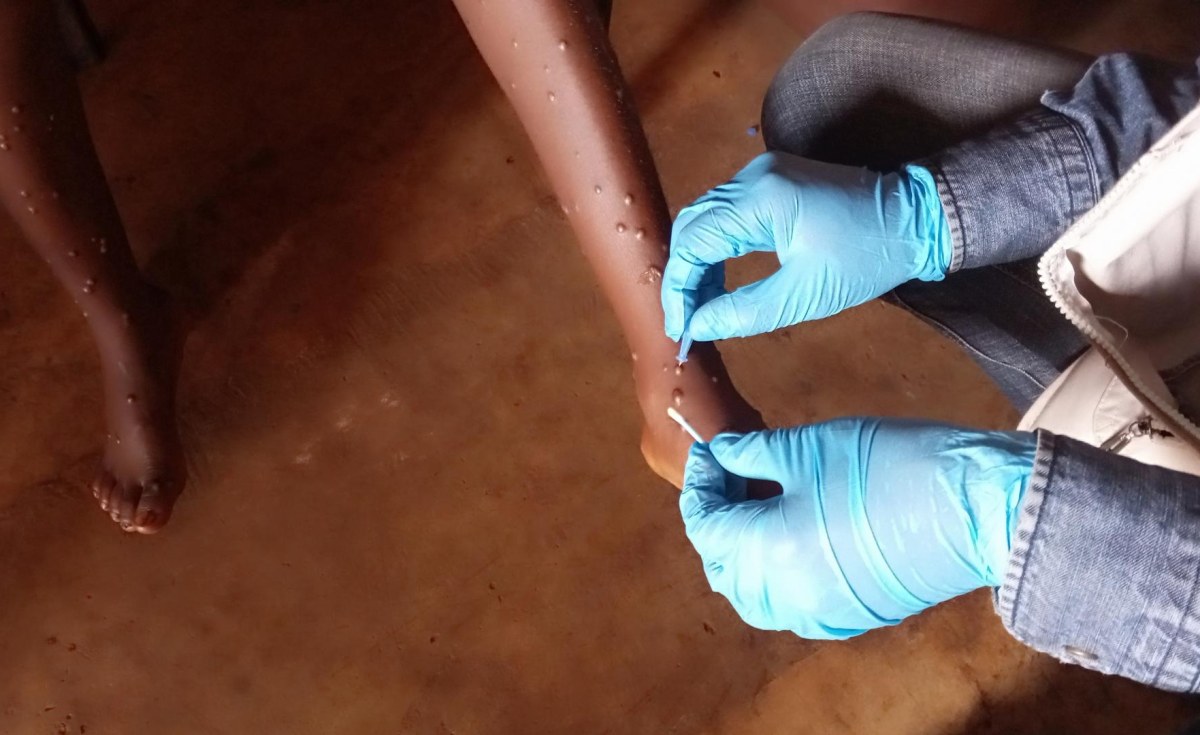
Dar es Salaam. Tanzania Investment Centre (TIC) has encouraged local investors to keep striving after noting their significant contribution to the economy.
TIC executive director, Mr Gilead Teri, said almost half of the investment projects the centre currently registers involve the participation of Tanzanians.
“Our laws strongly uphold the rights of local investors, who have been a crucial pillar in driving investment growth. This year alone, there has been an increase of nearly 260 domestic investors, and others are collaborating with foreign partners,” said Mr Teri.
Speaking at an event to mark the 20th anniversary of beverage company Mega Beverages over the weekend, Mr Teri said the firm has set an example that Tanzanian companies are capable of succeeding.
“We encourage them to keep striving, as they have successfully navigated a highly competitive market comprising both local and foreign investors,” he said.
The government supports local investors through its investment policies and in 2022, it reduced the minimum investment threshold for recognition as an investor, from $100,000 to $50,000, allowing more investors to access tax benefits.
Mr Teri also revealed that by November 29, 2024, TIC had registered 800 investment projects, projecting 2024 as a potential record-breaking year for registered investment projects.
While the figure already outpaces recent years, it remains shy of the 865 projects recorded in 2013, which currently holds the record, according to him.
“Since we began officially registering projects in 1997, the record year has been 2013, but with the significant increase in projects this year, there is a strong possibility we will surpass it,” Mr Teri said.
The projects span sectors such as manufacturing, construction, real estate, transportation, agriculture and tourism.
Mr Teri attributed the achievements to reforms aimed at enhancing the investment climate, which he said is now more attractive than ever.
“Beyond favourable policies, Tanzania offers abundant natural resources, reliable energy, a vast market, and a capable workforce, making it a prime destination for productive investments,” he said.
Mr Teri commended Mega Beverages for thriving in a competitive industry that contains both local and foreign investors. He said the survival and growth of the company demonstrate the potential of Tanzanian enterprises.
The beverage industry turnover was estimated at $3 billion (Sh8 trillion) in 2023, with spirits alone contributing $721 million (Sh1.8 trillion), he said.
Mr Teri noted, for example, that 80–90 percent of all beverages sold in Tanzania last year were locally produced, particularly beer. He expressed optimism that imports would significantly decline over the next two years as more foreign producers set up operations locally.
Mega Beverages marked the 20th anniversary by unveiling a new edition of its K-Vant brand, designed specifically for the festive season. The product features a unique golden packaging and a new flavour profile.
K-Vant’s brand manager, Mr Awatif Bushiri, shared that the drink is already sold in Kenya, Rwanda, the Democratic Republic of Congo, and Malawi.
“The special edition is a premium gift for the holiday season, aged for three months to achieve a golden hue and an exceptional flavour. It will remain available in stores until early 2025,” she said.














